
You may be surprised to learn that your diet can impact your sleep apnea. By eating certain snacks, you can increase your chances of having a great night of rest. On the other hand, there are specific foods that can cause your sleep apnea to get worse. With the right dietary knowledge, you can avoid sleep deprivation this holiday season. Read on to learn more about which foods to stay away from and some better alternatives to promote quality sleep.
(more…) A good night’s rest doesn’t come easily for everyone. 30 million Americans have sleep apnea, although only 6 million have been diagnosed. Anyone, no matter age or gender, can develop the condition. You might know lifestyle habits and general health can increase the risk, but did you know it can also run in families? Researchers have found genetic factors that can raise your odds of sleep apnea.
A good night’s rest doesn’t come easily for everyone. 30 million Americans have sleep apnea, although only 6 million have been diagnosed. Anyone, no matter age or gender, can develop the condition. You might know lifestyle habits and general health can increase the risk, but did you know it can also run in families? Researchers have found genetic factors that can raise your odds of sleep apnea. 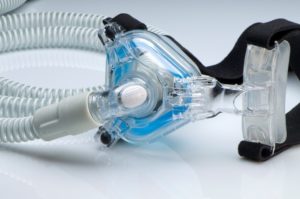 If you have
If you have 
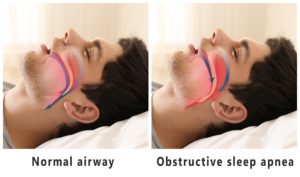
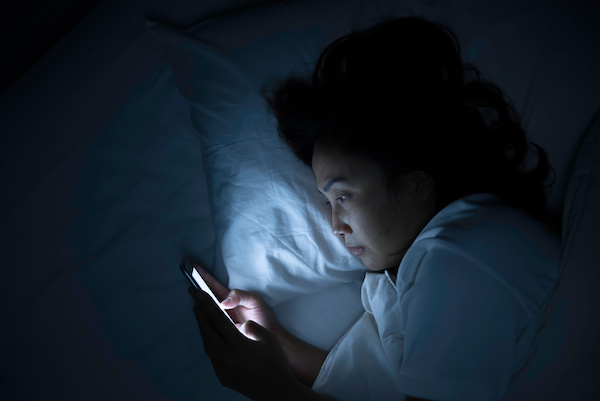
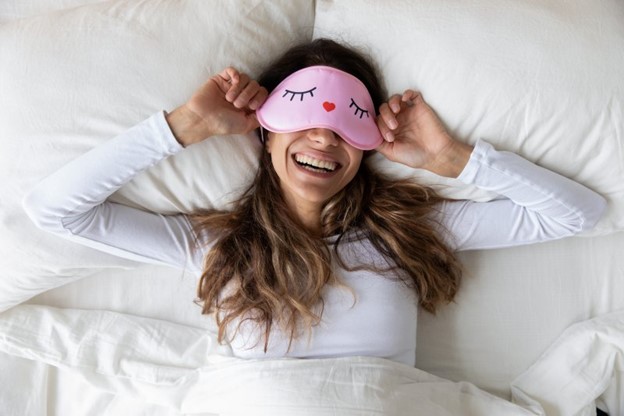

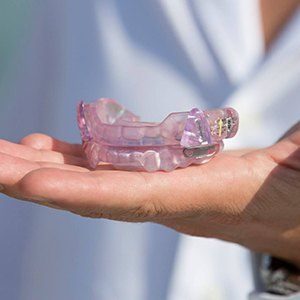 If you are ready to cut ties with your CPAP, or you’re new to
If you are ready to cut ties with your CPAP, or you’re new to 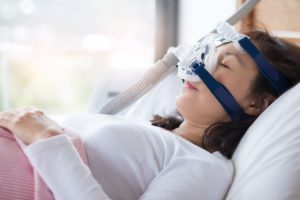 If you need a CPAP machine to treat your sleep apnea, Philips has been a trusted brand for decades. Unfortunately, 2 million people just learned their BiPAP and CPAP machines have been recalled. If your Philips Respironics device is on the list, you’re left with a tough decision. Do you continue using your CPAP or go without any treatment until your replacement arrives? You don’t have to lose sleep at night because you have another option. An oral appliance can be just what you need to breathe easier without risking your health.
If you need a CPAP machine to treat your sleep apnea, Philips has been a trusted brand for decades. Unfortunately, 2 million people just learned their BiPAP and CPAP machines have been recalled. If your Philips Respironics device is on the list, you’re left with a tough decision. Do you continue using your CPAP or go without any treatment until your replacement arrives? You don’t have to lose sleep at night because you have another option. An oral appliance can be just what you need to breathe easier without risking your health.